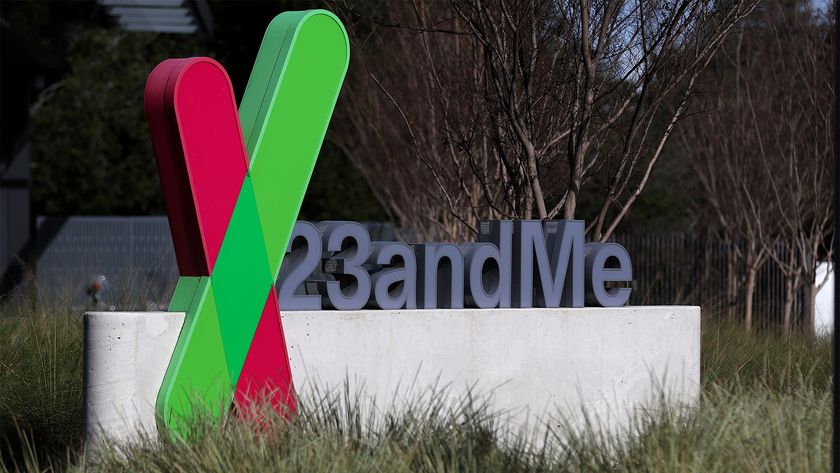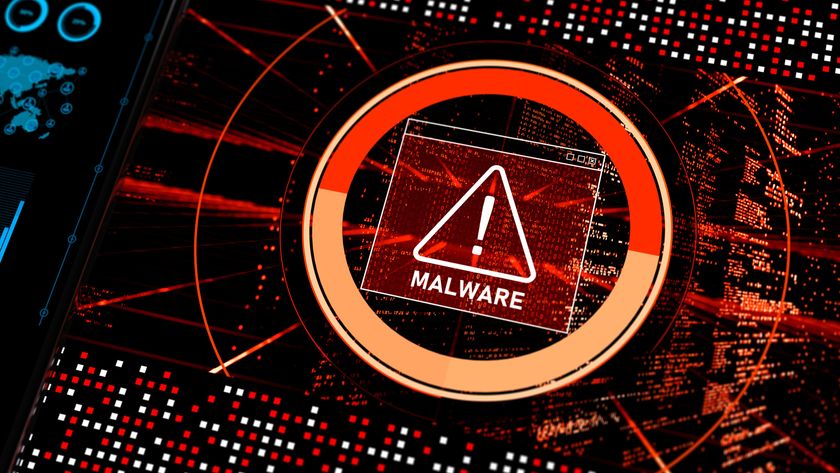Cyber war: Modern warfare 2.0
This is no game. Call it Modern Warfare 2.0 or call it cyber war, the reality is that everyone is talking about it. But what is cyber war, are we fighting one and how can businesses best protect themselves from the fallout?
Amichai Shulman, CTO of Imperva, agrees that the techniques used for cyber warfare are much the same as used by any hacker, however points out that the attention and focus of the adversary on specific targets is completely different.
"It is important to remember that while hackers are usually focusing on attacking organisations from the outside, governments (or terrorists) engaged in cyber war may choose to attack organisations from the inside through compromised individuals or designated moles," Shulman warns.
Dr Winter is also mindful that there are ways to initiate a cyber attack which do not depend on overtly hostile means, including "various abuses of social networks and spear phishing attacks that introduce the attacker into the victim's systems".
Some appear to prefer the hostile approach, of course, such as Col. Charles W. Williamson III.
A Deputy Staff Judge Advocate at the US Air Forces in Europe's Military Justice Division, Col. Williamson argues the case for an offensive military botnet insisting that it would work in the same way that US conventional weapons dominance deters most of the world from attacking America.
Amrit Williams, CTO at BigFix is not convinced, telling IT PRO that "the concept of an offensive botnet has many drawbacks... and could easily be abused," adding that "in the wrong hands it can be used against the infrastructure it was meant to defend".
Incoming...
Get the ITPro. daily newsletter
Sign up today and you will receive a free copy of our Focus Report 2025 - the leading guidance on AI, cybersecurity and other IT challenges as per 700+ senior executives
Let's not get too bogged down in the detail of who has what weapons and why for now, but instead agree that weapons of mass disruption do exist.
So who are they being aimed at? Dr Winter is adamant that those at greatest risk are "those with the greatest cyber-related infrastructures" and, of course, "the greatest dependency on those infrastructures, that can be used to against them to achieve the greatest impact".
Day agrees that the traditional notion of critical infrastructures targets being the new battleground for hackers is probably the right one.
McAfee's report 'In the Cross fire: Critical Infrastructure Protection in the Age of Cyber war' highlighted how different industries are at a greater level of risk due to their reliance on technology for their everyday running.
Davey is a three-decade veteran technology journalist specialising in cybersecurity and privacy matters and has been a Contributing Editor at PC Pro magazine since the first issue was published in 1994. He's also a Senior Contributor at Forbes, and co-founder of the Forbes Straight Talking Cyber video project that won the ‘Most Educational Content’ category at the 2021 European Cybersecurity Blogger Awards.
Davey has also picked up many other awards over the years, including the Security Serious ‘Cyber Writer of the Year’ title in 2020. As well as being the only three-time winner of the BT Security Journalist of the Year award (2006, 2008, 2010) Davey was also named BT Technology Journalist of the Year in 1996 for a forward-looking feature in PC Pro Magazine called ‘Threats to the Internet.’ In 2011 he was honoured with the Enigma Award for a lifetime contribution to IT security journalism which, thankfully, didn’t end his ongoing contributions - or his life for that matter.
You can follow Davey on Twitter @happygeek, or email him at davey@happygeek.com.

















